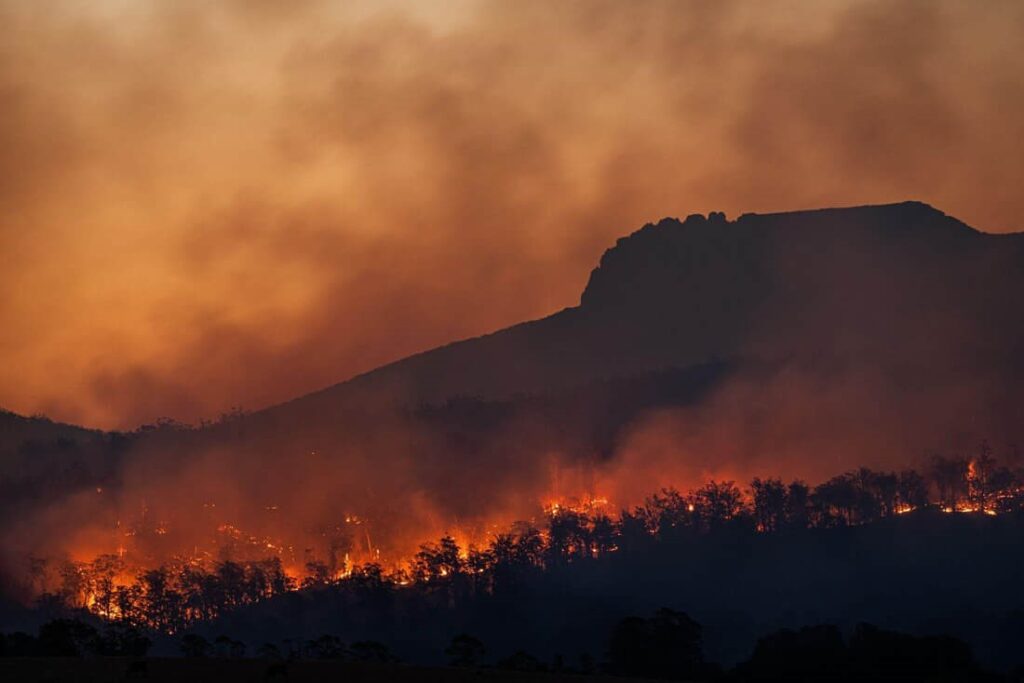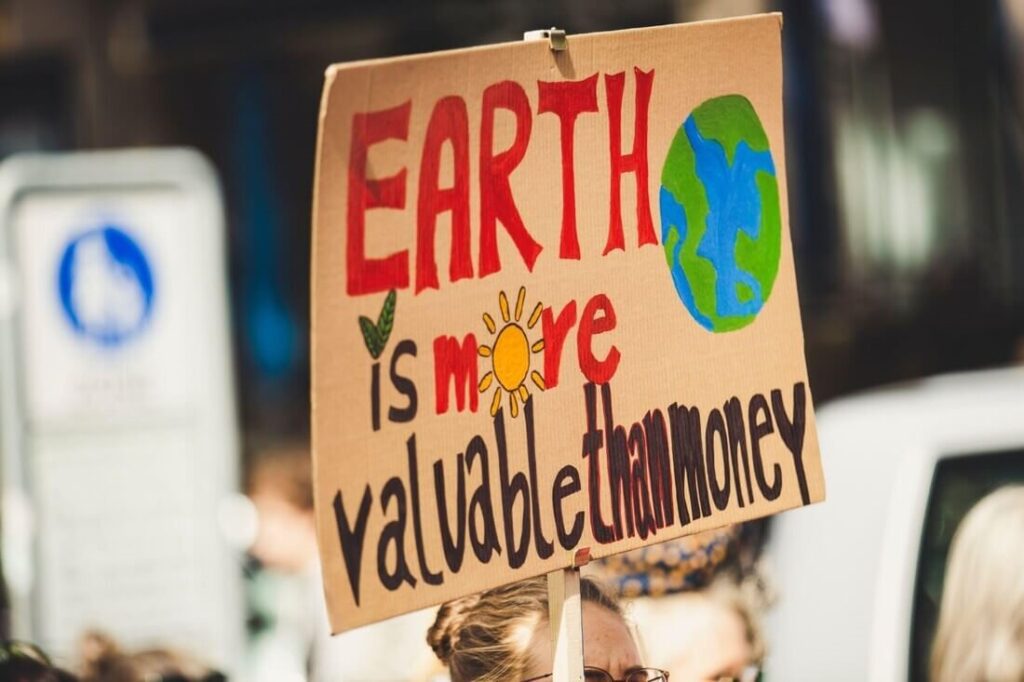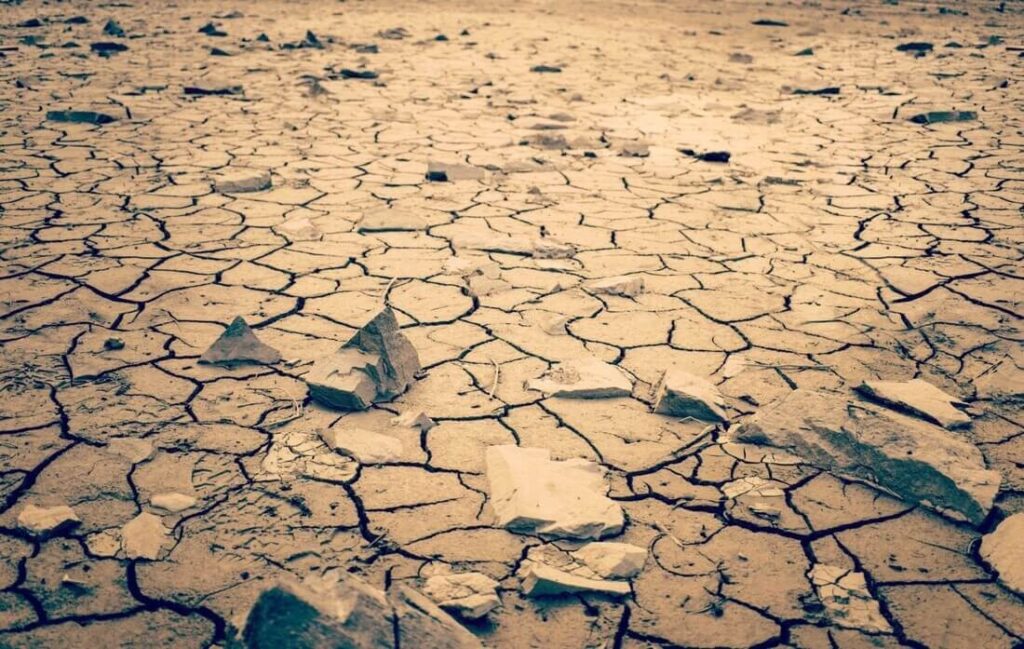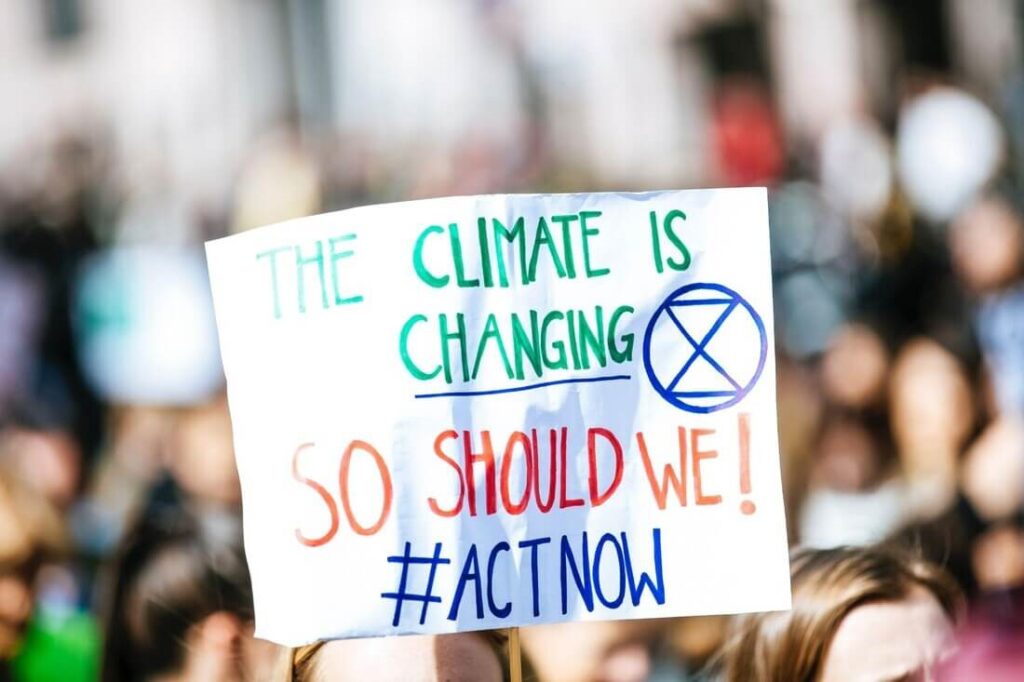
Unpacking the Latest IPCC Report
Unparalleled heat waves in Arizona. Impossible snowfalls in Texas. Uncontrollable wildfires across Europe. Flooding in Germany and China.
These are but a few examples of the weather catastrophes sprawling around the globe. The primary cause? Global Warming.

Credit: Matt Palmer, UnsplashThere’s no denying it any longer.
Founded in 1988, the IPCC is a United Nations governmental body that consists of leaders, scientists, and climatologists from around the globe. The aim of this conglomerate is simple: provide truthful scientific evidence and information that proves human-induced climate change and global warming, the impacts of this destruction, and the potential responses we must take in order to mitigate the negative effects.

Credit: Markus Spiske, Unsplash
Below, we unpack the most crucial points:
1) Global warming levels are fast approaching the 1.5 and even the 2-degree limit. Currently, the planet’s temperature is reaching 1.1 degrees celsius – a first in the last 125 000 years. If we continue to emit as much carbon dioxide as we have been, we will far exceed the boundaries of the greenhouse gasses our atmosphere can hold within the next decade. This means we will reach our tipping point, which will be practically irreversible.
2) The effects of reaching this tipping point include uncontrollable wildfires, increased rainfall and flooding, severe droughts, and amplified permafrost thawing. We are already seeing the start of these natural disasters, but these are only minor impacts compared to the detrimental chaos that will occur if we supersede our global warming limit. The worst weather change will be drought, famine, and extreme heat waves. And these disasters won’t happen as singular events – they may occur all at once, making it impossible to find relief. This will dramatically impact agriculture practices for the worst, resulting in a knock-on effect for socio-economic issues across the globe.
3) Unfortunately, some climate and ecological changes cannot be reversed. Coastlines will be lost. Biomes will disappear. Biodiversity will take a harsh knock. Millions of animals and people will lose both their homes and their lives. While some ecosystems are already lost, we still have a chance to mitigate and even halt other drastic impacts on parts of the planet.
4) The most important aspect of the report states that we still have a chance to protect the planet for future generations, but we need to start implementing dramatic sustainable solutions RIGHT NOW. Every little bit truly does count and can make a difference, on both an individual and governmental level.

Credit: Joshua Woroneic, UnsplashThe future truly is in our hands now.As an individual, you’re probably wondering what you can do to help mitigate global warming.
Here are a few things:
- Educate yourself on global warming, climate change, and greenhouse gas emissions. If we all understood these concepts on a deeper level, we’ll not only gain the motivation and knowledge to halt our consumption of that which is burning our planet, but we’ll be able to help others understand too. Ecofoote has a range of online courses designed to help you with this.
- Start implementing and adopting sustainable habits, such as reducing plastic consumption, going zero waste, and switching to alternative products. The Ecofoote Blog has numerous articles and posts curated to help you with this important task.
- Join a community of Earth Activists and lead the way for others. Inspire your friends and family members to act. We all need to do our part, and we need to do it together.
Breathe easy, hope is not lost. Taking the first step towards leading a sustainable lifestyle is a step in the right direction on the footpath to a brighter and healthier future.

Credit: Markus Spiske, UnsplashRead the full report here: Sixth Assessment Report (ipcc.ch)
Written by: Georgia Carter




